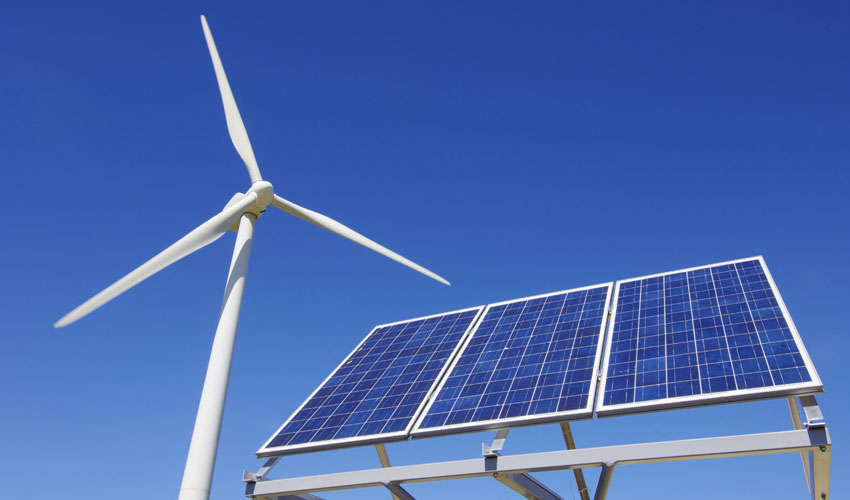Solar energy is a renewable energy that does not cause carbon emissions, which is obtained from the sun in the form of electricity or thermal energy.
Today, this energy, which comes naturally from the sun, can be obtained in many different ways. The most common of these methods is photovoltaic (FV) systems that capture the rays coming from the sun to the earth via photovoltaic (FV) solar energy panels and convert them into electricity that we can use in all kinds of electrical appliances.
In addition to using photovoltaic (PV) systems in electricity generation, the other general method is thermal energy systems used to heat closed areas or liquids.
Capturing solar energy and converting it into heat and electricity is a key solution to tackling the current climate crisis for reducing our dependence on fossil fuels.
Solar energy is widely used in agriculture, animal husbandry, storage areas, shopping malls, hotels, hospitals, fuel stations. In addition, solar energy is used in traffic and street lamps. In this way, possible accidents are prevented when the electricity is cut off.
Government and state incentives play a major role in making solar power affordable. For solar to succeed, governments need to support the power industry’s shift to renewables. According to December 2020 reports, China continues to dominate the world stage with 254,355 installed power (MW).
